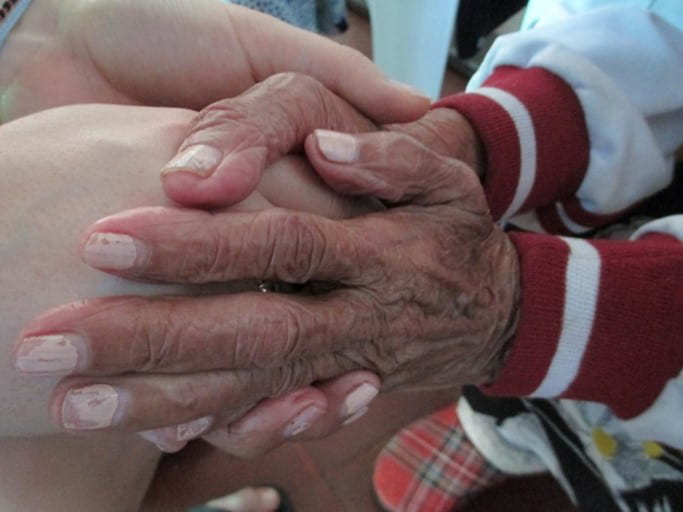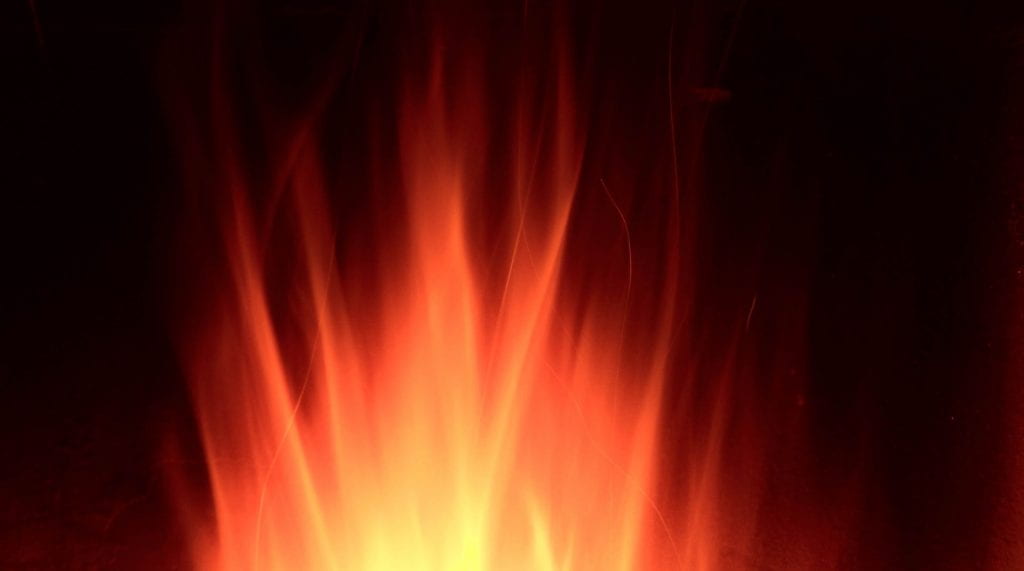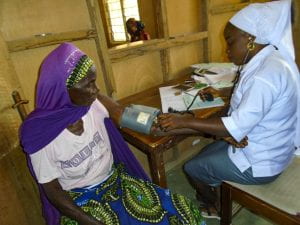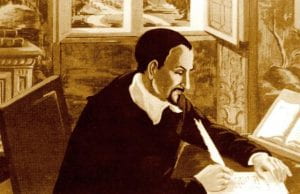
“… a great good is worth being long desired.”[1]—Vincent de Paul
During my twenty-three years of working at DePaul, I have often found myself wondering what Vincent and Louise would think were they to wander on campus or take a stroll down the streets of Chicago today. Would they recognize that the seeds they planted in France more than 400 years ago have been lovingly tended and are currently flourishing in this twenty-first-century city? Would the fruits of their labor be evident in our contemporary context?
While I cannot answer such questions with any degree of certainty, I will hazard a guess. I imagine Vincent might turn to Louise and ask her to describe exactly what she was seeing and hearing as they observed the daily comings and goings on DePaul’s campus. Then, perhaps after a bit of a pause and a deep, prolonged sigh (after all, Vincent was known for his deliberative nature), Vincent might poignantly ask Louise to describe who or what was missing from the present picture and what such an absence might suggest: “What are the gaps that need to be addressed to provide quality education in the twenty-first century, Louise? How does a Vincentian university continue to make education accessible for all, particularly for those communities who are underserved and underrepresented, when the cost of education is already prohibitive for so many? What must be done, Louise, and how might we at DePaul do it?”
For her part, Louise would surely acknowledge the heaviness of her friend’s questions and, with him, refute the notion of any easy answers. However, being the intuitive person that she was, Louise might also inquire about Vincent’s feelings in finding the mission so changed yet so familiar in retaining the rich core wisdom from which it originated. Perhaps, to give context to her questions, Louise might point to the ways in which DePaul continues to support the integral development of the human person through its commitment to excellence in teaching and its preparation of graduates to be agents for positive change in our world.
To make her case, Louise could cite compelling research to support her thesis. For example, she might direct Vincent’s attention to some of the online pedagogical approaches that were developed in a nanosecond when COVID first hit, which continue to advance and inform asynchronous teaching today. Or she might ask students if she and Vincent could engage with them in a community service experience and participate in one of the impassioned reflections afterward, during which time they wrestle to make meaning of societal inequities, strive to identify root causes, and begin to ask how they might work toward systemic change. If she were feeling particularly courageous, Louise might even venture with Vincent into a faculty or staff meeting to discover how Vincentian personalism and professionalism still guide how colleagues care for each other, even when differences of opinion occur, or challenges seemingly provide only roadblocks ahead. No matter where she looked, Louise would surely find plenty of evidence of the university’s commitment to compassionately uphold the dignity of all members of its diverse, multifaith and inclusive community.
And then, of course, there are DePaul’s wonderful students and the rich cast of characters who work there and commit themselves each day to incarnate the best in us. I doubt that Louise would have to search far to find that the seeds of the mission continue to flourish. As she presented these examples to Vincent, I do tend to wonder if she might do so with a knowing look and a spiritual high five.
So, now it’s your turn. What do you think? Were Vincent and Louise to visit DePaul’s campus today, what evidence “of a great good … being long desired” might they find?
If gaps exist between who we, as a university, aspire to be and your own lived experience, what invitation do you personally hear about closing those gaps to enable us to more fully embrace who we are called to be?
Reflection by: Siobhan O’Donoghue, Director of Faculty/Staff Engagement, Division of Mission and Ministry
[1] Letter 1489, “To Claude Dufour, in Sedan,” April 24, 1652, CCD, 4:363. See: https://via.library.depaul.edu/vincentian_ebooks/29/.








